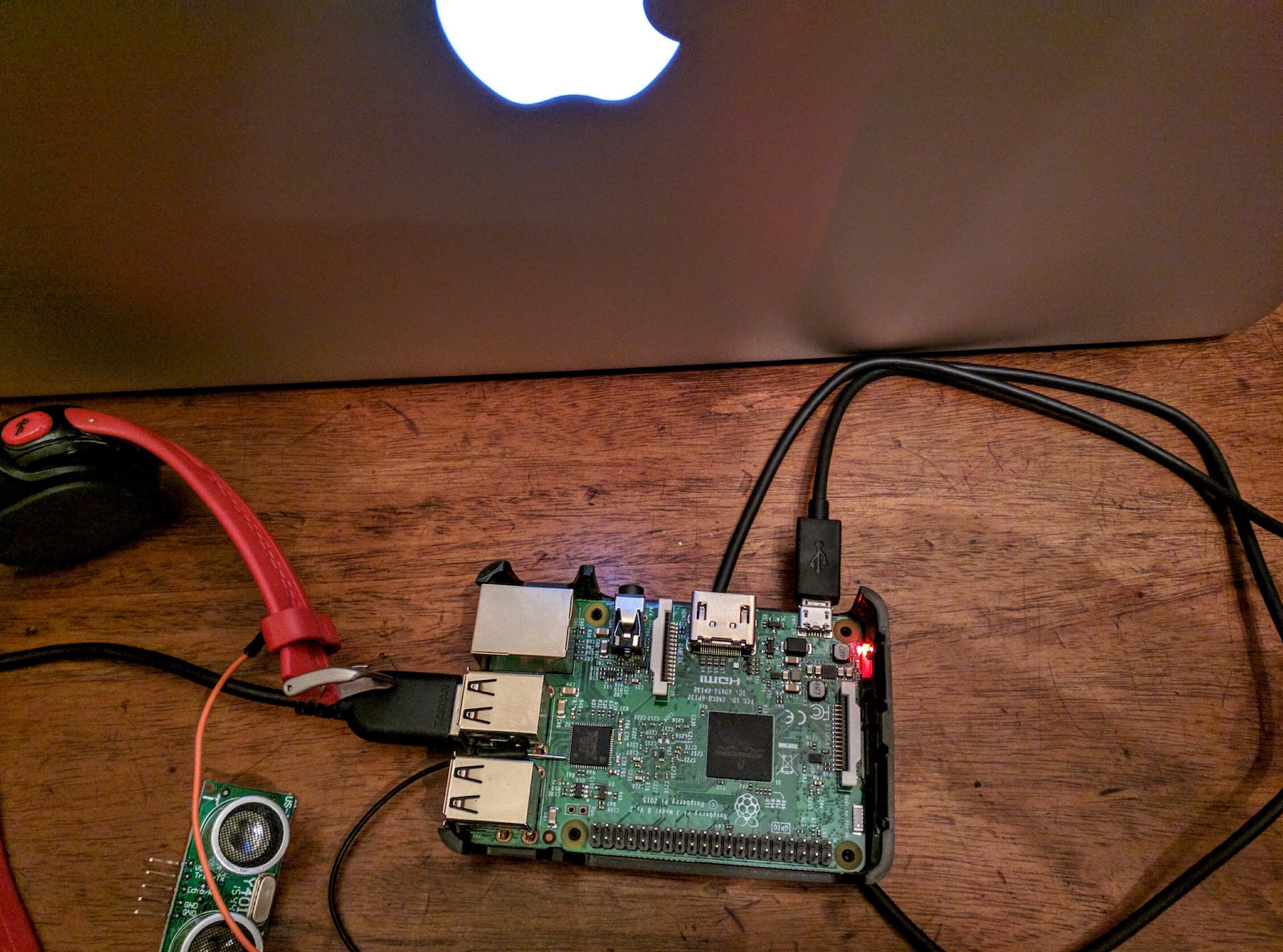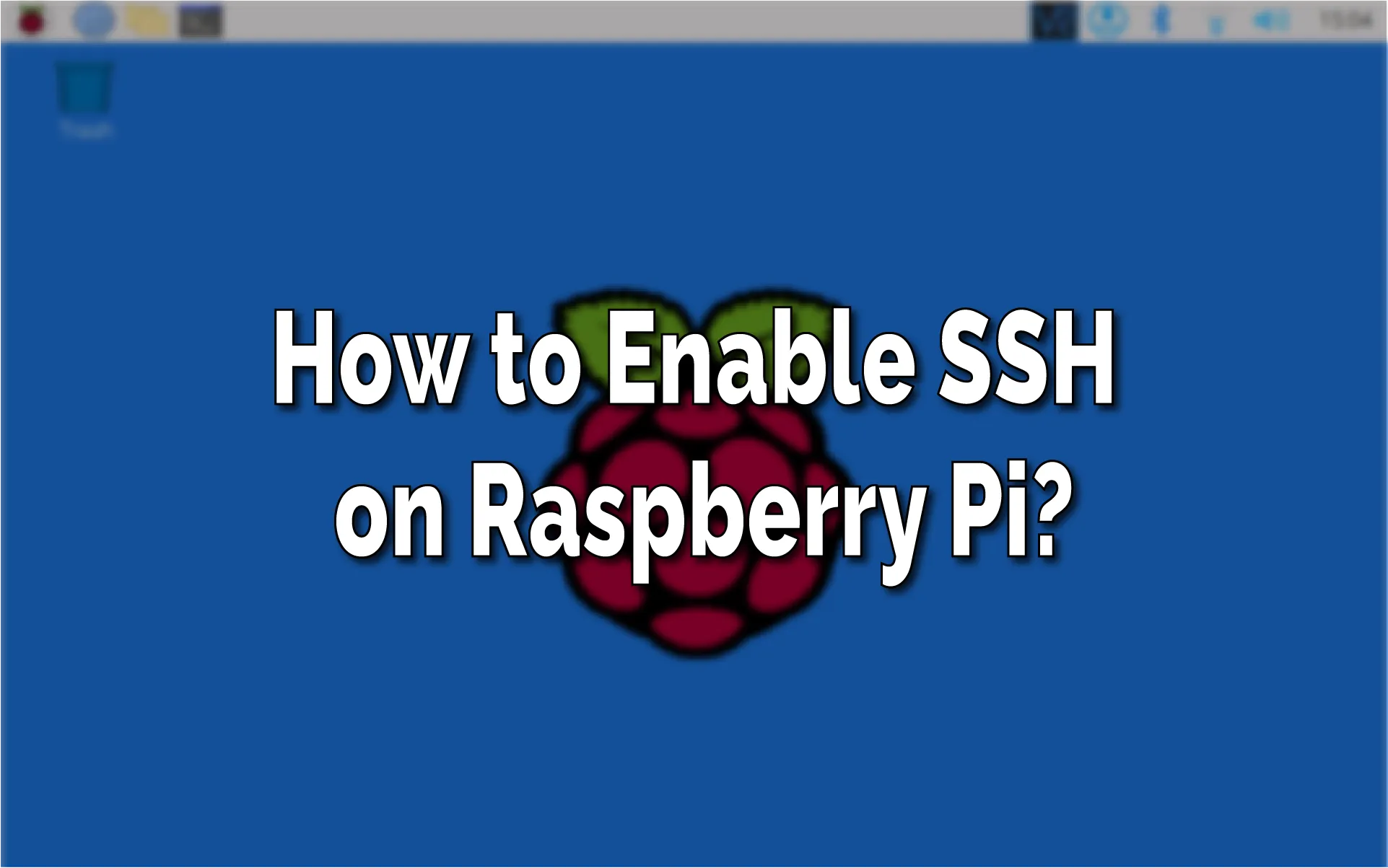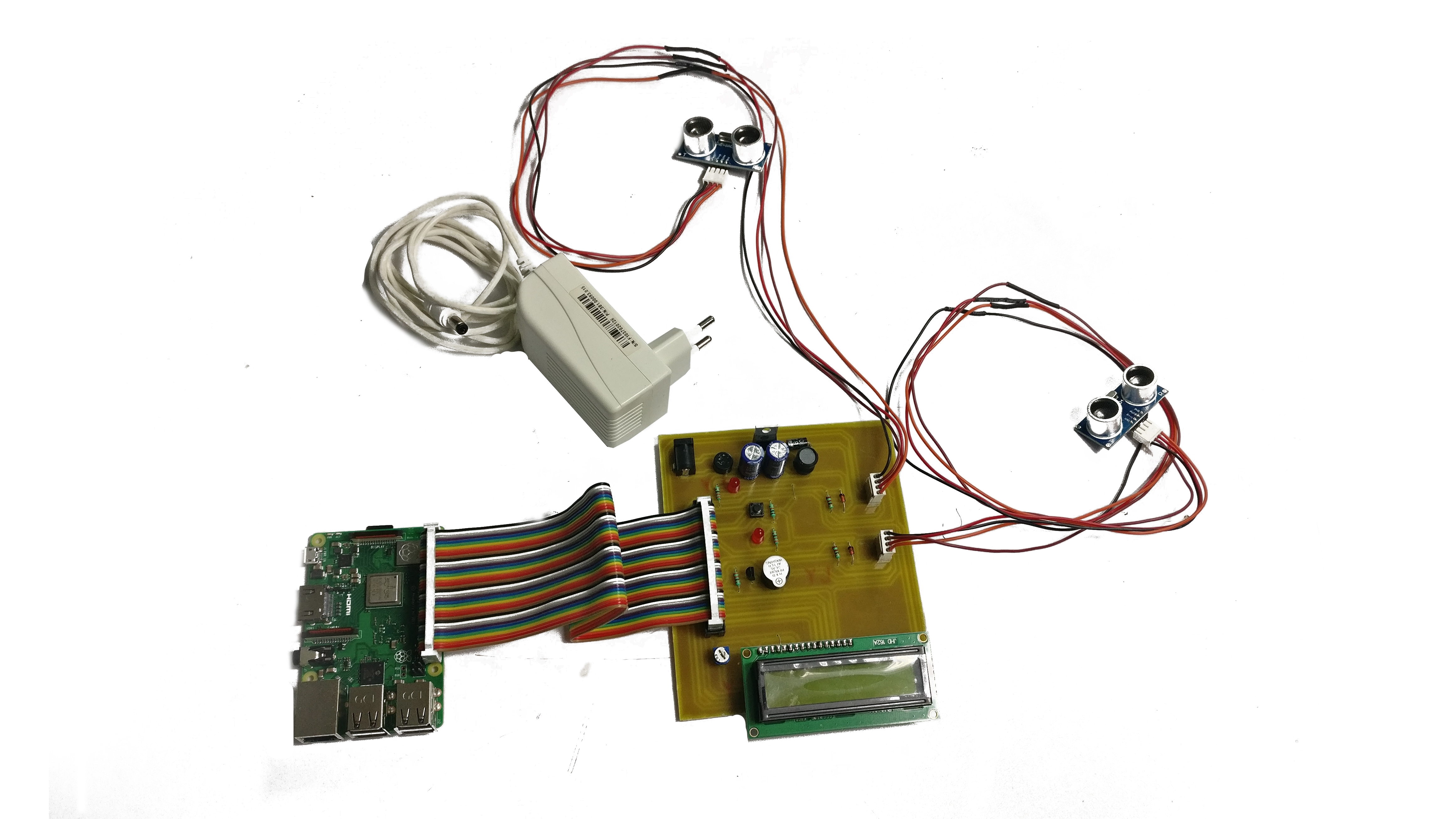Imagine having a tiny computer that can control your entire smart home, manage IoT devices, and act as a secure gateway for your network. Well, that’s exactly what Raspberry Pi does! But to fully harness its power, you need the best SSH IoT platform. Whether you're a hobbyist or a professional developer, finding the right solution is crucial for managing your IoT projects seamlessly. So, buckle up and let’s dive into the world of SSH IoT platforms for Raspberry Pi!
Let’s face it, Raspberry Pi has become the go-to device for IoT enthusiasts worldwide. But with so many SSH IoT platforms out there, choosing the right one can feel overwhelming. That’s why we’ve put together this comprehensive guide to help you find the best SSH IoT platform tailored specifically for Raspberry Pi.
In this article, we’ll explore everything you need to know about SSH IoT platforms, including their features, benefits, and how they can enhance your Raspberry Pi experience. Plus, we’ll throw in some tips and tricks to make sure you’re getting the most out of your setup. Ready? Let’s get started!
- Liev And Pablo Schreiber The Dynamic Duo You Need To Know About
- Houston Texans Qb 2024 The Future Of Football In The Lone Star State
Table of Contents
Top SSH IoT Platforms for Raspberry Pi
- Jayde Pierce On Justin Bieber The Untold Story You Need To Hear
- Tim Walz Weight The Inside Scoop On Minnesotas Governor And His Fitness Journey
Criteria for Selecting the Best Platform
How to Choose the Right Platform
Step-by-Step Guide to Setting Up SSH
What is SSH IoT?
SSH, or Secure Shell, is like a digital key that lets you remotely control and manage devices over a network. In the context of IoT, SSH IoT platforms provide a secure way to connect, monitor, and manage your IoT devices, including Raspberry Pi. Think of it as a superpower for your projects—allowing you to tweak settings, troubleshoot issues, and even deploy software updates without physically touching the device.
SSH IoT platforms are essential for anyone working with IoT devices. They offer encryption, authentication, and secure communication, making them ideal for managing sensitive data and ensuring device security. Plus, they’re super easy to set up, even for beginners.
Why SSH is Crucial for IoT Devices
Here’s the deal: IoT devices are often deployed in remote locations, making physical access a challenge. SSH bridges that gap by providing a secure and reliable way to interact with these devices. Whether you’re debugging code or monitoring sensor data, SSH IoT platforms have got you covered.
Raspberry Pi Overview
Raspberry Pi is more than just a tiny computer—it’s a game-changer for IoT enthusiasts. With its affordability, versatility, and community support, it’s no wonder why it’s become the go-to platform for hobbyists and professionals alike. From home automation to industrial applications, Raspberry Pi can handle it all.
But here’s the kicker: to unlock its full potential, you need the right tools. That’s where SSH IoT platforms come in. By combining the power of Raspberry Pi with a robust SSH platform, you can create smart solutions that are both efficient and secure.
Key Features of Raspberry Pi
- Compact size and low power consumption
- Support for multiple operating systems
- Extensive GPIO pins for interfacing with sensors and actuators
- Large community and plenty of resources for learning
Top SSH IoT Platforms for Raspberry Pi
Now that we’ve covered the basics, let’s dive into some of the best SSH IoT platforms for Raspberry Pi. Each platform has its own strengths, so the choice ultimately depends on your specific needs and project requirements.
1. PlatformIO
PlatformIO is a popular choice among developers due to its ease of use and extensive plugin support. It integrates seamlessly with Raspberry Pi and offers features like remote debugging, code completion, and project management. Plus, it’s open-source, which means you can customize it to fit your needs.
2. Resin.io (Now Balena)
Balena, formerly known as Resin.io, is another top contender in the SSH IoT space. It provides a comprehensive solution for managing fleets of IoT devices, including Raspberry Pi. With features like automatic updates, secure containerization, and remote access, Balena is perfect for both small-scale and enterprise-level projects.
3. DeviceHive
DeviceHive is an open-source IoT platform that supports SSH connectivity for Raspberry Pi. It offers real-time data streaming, cloud integration, and a user-friendly interface. If you’re looking for a platform that can handle large-scale IoT deployments, DeviceHive is worth considering.
Criteria for Selecting the Best Platform
Choosing the right SSH IoT platform can be a daunting task, especially with so many options available. To make the decision easier, here are some key criteria to consider:
- Security: Ensure the platform offers robust encryption and authentication mechanisms.
- Scalability: Can the platform handle multiple devices and growing project requirements?
- Community Support: A strong community can be invaluable for troubleshooting and learning.
- Cost: While some platforms are free, others may require a subscription. Make sure it fits your budget.
Benefits of Using SSH for IoT
Using SSH for IoT comes with a host of benefits that make it an essential tool for any project. Here are some of the top advantages:
- Enhanced Security: SSH encrypts all communication between devices, protecting your data from prying eyes.
- Remote Access: Manage your Raspberry Pi and other IoT devices from anywhere in the world.
- Automation: Automate repetitive tasks and streamline your workflow with SSH scripts.
- Flexibility: SSH supports a wide range of commands and protocols, giving you the freedom to customize your setup.
Security Considerations
When it comes to IoT, security should always be a top priority. Here are some tips to ensure your SSH IoT setup is as secure as possible:
- Use strong, unique passwords for your devices.
- Enable two-factor authentication whenever possible.
- Keep your software and firmware up to date to patch vulnerabilities.
- Limit access to trusted IP addresses to reduce the risk of unauthorized access.
How to Choose the Right Platform
Selecting the right SSH IoT platform requires careful consideration of your project’s specific needs. Here’s a quick checklist to help you make the right choice:
- Identify your project requirements and prioritize features accordingly.
- Research each platform’s strengths and limitations.
- Read user reviews and case studies to gauge real-world performance.
- Start with a small-scale trial to test the platform’s capabilities before committing.
Step-by-Step Guide to Setting Up SSH
Setting up SSH on your Raspberry Pi is easier than you might think. Follow these simple steps to get started:
- Install the latest version of Raspberry Pi OS on your device.
- Enable SSH in the Raspberry Pi Configuration tool.
- Connect your Raspberry Pi to your network via Ethernet or Wi-Fi.
- Use an SSH client like PuTTY (Windows) or Terminal (Mac/Linux) to connect to your Raspberry Pi.
- Start exploring the command line and configuring your IoT setup.
Troubleshooting Tips
Even the best-laid plans can go awry sometimes. Here are a few troubleshooting tips to help you overcome common SSH IoT issues:
- Check your network connection to ensure your Raspberry Pi is reachable.
- Verify that SSH is enabled on your device.
- Try restarting your Raspberry Pi and SSH client to resolve connectivity issues.
- Consult the platform’s documentation or community forums for additional support.
Final Thoughts
Finding the best SSH IoT platform for Raspberry Pi doesn’t have to be a headache. By considering your project’s specific needs and evaluating the available options, you can choose a solution that enhances your IoT experience without compromising on security or functionality.
Remember, the key to success lies in preparation and experimentation. Don’t be afraid to try out different platforms and configurations until you find the one that works best for you. And most importantly, keep learning and exploring the endless possibilities of IoT with Raspberry Pi.
So, what are you waiting for? Dive in, get your hands dirty, and start building the IoT solutions of tomorrow—today! Oh, and don’t forget to share your thoughts and experiences in the comments below. Happy tinkering!
- Does The Post Office Do Notary Heres The Scoop You Need
- Burlington Iowa The Hidden Gem Youve Been Missing Out On


